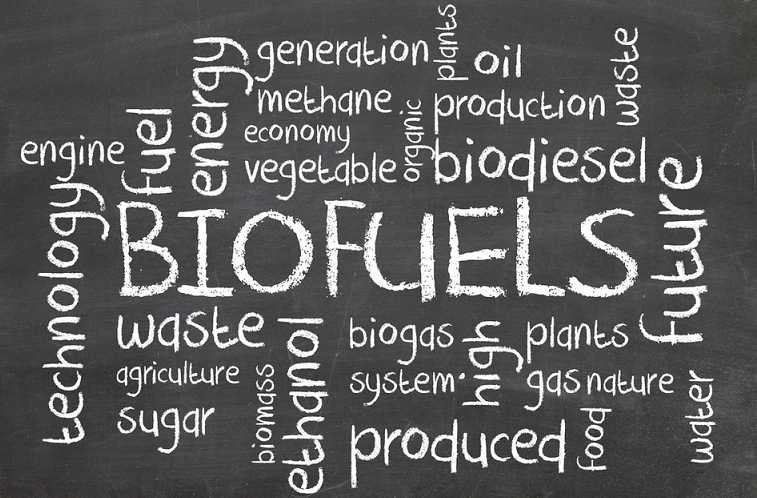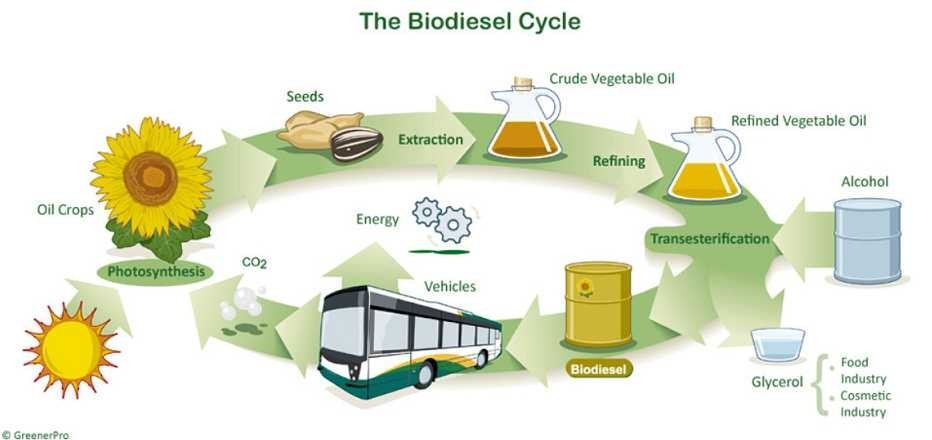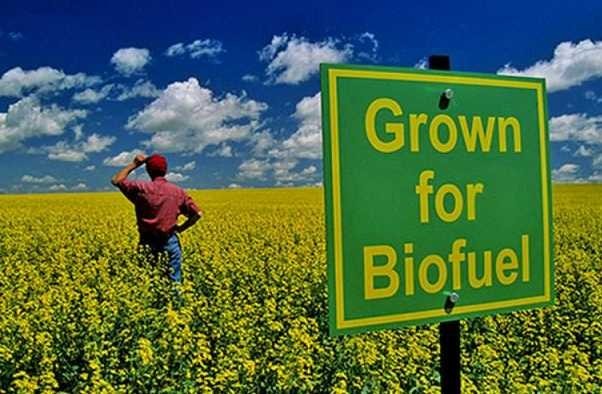Is Grease the Fuel of the Future?

Most people don't have warm and fuzzy thoughts about grease, unless they're referring to the popular musical that starred John Travolta and Olivia Newton John on the big screen back in 1978. But did you know that grease can be a great alternative to gasoline, and that conversion systems designed for use with filtered vegetable oils are more popular than ever?
Here at A.U.T.O. Collision, we know that our dependence on oil in this country is something that will not be forever sustainable here in UT, not to mention the world. That's why we're always intrigued about new fuel sources to power our huge U.S. fleet.
The grease that we're discussing here is technically known as biodiesel. It is a renewable and clean burning fuel that is made from waste vegetable oils, animal fats or recycled restaurant grease for use in diesel vehicles.
Biodiesel produces less toxic pollutants and greenhouse gases than petroleum diesel. It can be used in pure form or blended with petro-diesel, depending on its application. Biodiesel has enabled several third-world countries in reducing their dependence on foreign oil by using biodiesel.

Advantages of Biodiesel:
• Produced from Renewable Resources: Biodiesel is a renewable energy source unlike other petroleum products that will disappear in years to come. Since it is made from animal and vegetable fat, it can be produced when needed and burns more cleanly than gas.
• Can be Used in Diesel Engines: One of the core benefits of biodiesel is the fact that it can be used in existing diesel engines with little or no modifications at all. In addition, it improves engine lubrication and extends engine life since it is virtually sulfur free.
• Less Greenhouse Gas Emissions: Fossil fuels release greenhouse gases and carbon dioxide into the atmosphere that raise the temperatures and cause global warming. Experts believe that using biodiesel instead of petroleum diesel can reduce greenhouse gases up to 78%.
• Grown, Produced and Distributed Locally: Fossil fuels are limited and probably won't be able to fulfill our enormous ongoing demand for coal, oil and natural gas, so biodiesel is surely one step in the right direction. Biodiesel can be produced in local refineries and distributed in its own backyard-so you don't have to burn a ton of fuel to transport it.
• Biodegradable and Non-Toxic: When biodiesel is burned, it produces significantly less carbon output and few pollutants. As compared to petroleum diesel, biodiesel produces less soot (particulate matter), carbon monoxide, unburned hydrocarbons, and sulfur dioxide.
• Improved Fuel Economy: Vehicles that run on biodiesel achieve 30% fuel economy than petroleum based diesel engines which means it makes fewer trips to gas stations and run more miles per gallon.
• Positive Economic Impact: Biodiesel is manufactured locally and thousands of people are employed in the process. Since biodiesel is produced from crops, an increase in demand for suitable crops is always a consideration in any country embracing this alternative source of fuel. The use of biodiesel is also less toxic, thereby improving the overall health of each country's inhabitants while reducing their health care costs as well.

Disadvantages of Biodiesel:
• Unpredictable Quality: Biodiesel is made from a variety of crops and when the oil is extracted and converted to fuel using a chemical process, the quality can vary greatly. Emerging technologies are addressing this dilemma, but for the time being, the quality of biodiesel is a crap shoot at best.
• Not Ideal for Low Temperatures: Biodiesel has the capacity to turn into a gel in cold weather, depending on the amount of oil or fat that was used to make it. The best way to use biodiesel during the colder months is to blend it with winterized diesel fuel.
• Clogging in Engines: Biodiesel removes dirt from engines, which is a nice advantage, but the problem is that this dirt gets collected in fuel filter and clogs it. That means it requires a lot of additional maintenance to make sure the engine will run properly.
• Limited Distribution: Biodiesel is not distributed as widely as conventional diesel, but this may change considerably as we try to gravitate away from oil and gas.
So, the next time you're outside of Sandy or even traveling from UT to another state, look around and see if people are using biodiesel in their cars and trucks. If the rest of the country can agree that grease is surely the word when it comes to powering our enormous fleet, all of us here at A.U.T.O. Collision want to get onboard too!
Sources: MSN, Wikipedia and U.S. Dept. of Transportation



















Social